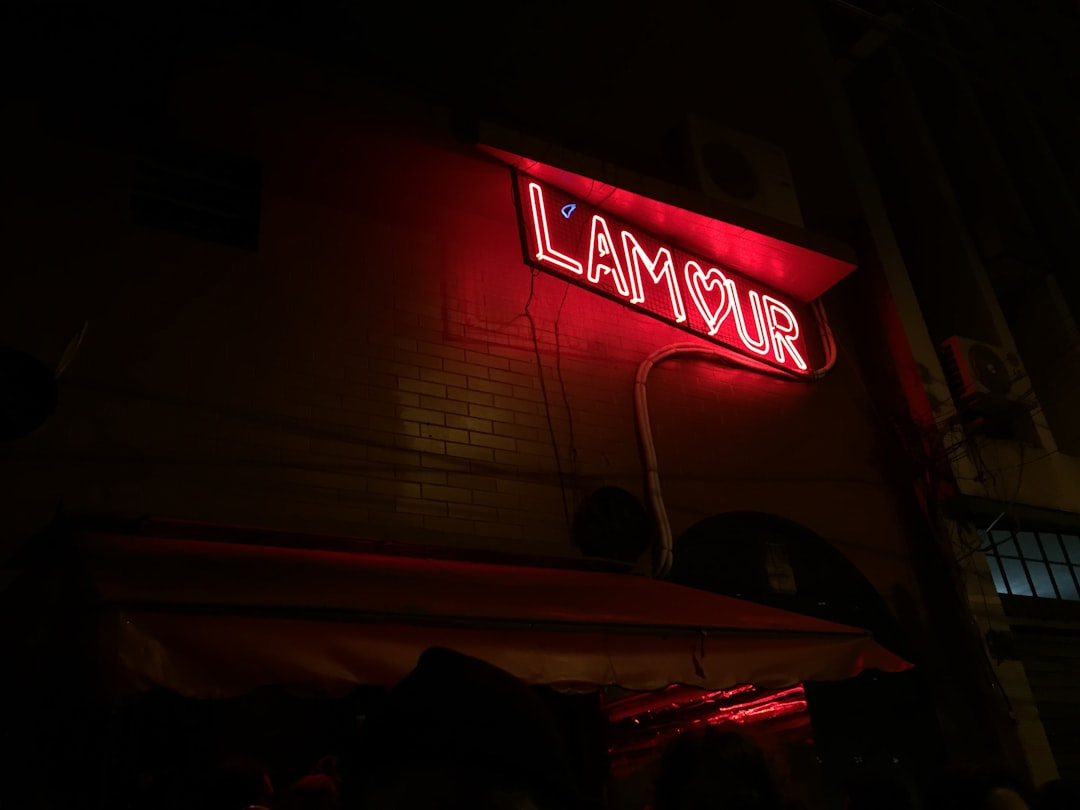Nursing homes in St. Louis prioritize staff training on resident safety, including prevention and handling of elderly sexual assault through regular workshops and legal insights from local elderly sexual assault attorneys. Regular audits assess knowledge gaps, fostering a culture of continuous improvement to protect vulnerable residents, avoid financial penalties, and maintain facility reputation. This approach ensures dignity, autonomy, and privacy for all care recipients.
In St. Louis, nursing home staff training and resident safety are paramount concerns. This article explores practical strategies to fortify these areas, focusing on identifying knowledge gaps, enhancing educational programs, and addressing critical issues like elderly sexual assault—a pressing legal and ethical concern. We delve into establishing a culture of vigilance, implementing regular audits, and utilizing feedback loops for continuous improvement. By adopting these measures, St. Louis nursing homes can ensure safer, more respectful care environments for their residents.
Key topics include: training gaps, staff education, elder safety, sexual assault prevention (with insights from elderly sexual assault attorneys St. Louis), cultural vigilance, and audit systems.
Identifying Training Gaps in St. Louis Nursing Homes

In St. Louis, nursing homes play a vital role in caring for the city’s aging population. However, ensuring resident safety requires continuous attention, especially regarding staff training. One critical area of focus is identifying and addressing training gaps that may exist within these facilities. Elderly residents, particularly those with cognitive impairments or vulnerability issues, depend on well-trained caregivers to prevent accidents, manage medications, and respond promptly to emergencies.
Regular audits and assessments can help uncover specific knowledge or skill deficiencies among staff. These might include topics like proper patient handling techniques, crisis intervention strategies, recognizing early signs of dementia, or even prevention and reporting of sensitive issues such as elderly sexual assault, for which St. Louis has dedicated legal support available. By pinpointing these gaps, nursing homes can tailor their training programs to meet the unique needs of their residents, fostering a safer environment for all.
Enhancing Staff Education on Resident Safety Protocols

In St. Louis, nursing homes play a pivotal role in caring for elderly residents, making staff training on resident safety protocols paramount. Beyond standard procedures, continuous education should focus on recognizing and preventing sensitive issues like elderly sexual assault. Given the vulnerability of this population, staff must be equipped with the knowledge to handle such incidents discreetly and effectively, ensuring the privacy and dignity of residents.
Regular workshops and refresher courses can address changing regulations and best practices, empowering caregivers to create a safer environment. Incorporating scenarios that mimic real-life situations allows employees to practice their responses, enhancing their preparedness. Moreover, involving experts like elderly sexual assault attorneys St. Louis can provide valuable insights into legal aspects and support staff in managing potential legal implications while prioritizing resident safety.
Preventing Elderly Sexual Assault: Legal Implications for St. Louis

In the context of nursing home care, preventing elderly sexual assault is not just a moral imperative but also a legal requirement. St. Louis, like many cities, has stringent laws in place to protect the vulnerable elder population from abuse, including sexual misconduct. Elderly sexual assault attorneys in St. Louis play a crucial role in holding facilities accountable and ensuring compliance with these laws. They assist victims by providing legal recourse and helping to implement preventive measures that can deter such incidents.
Nursing homes in St. Louis must prioritize staff training on recognizing and reporting suspicious behavior, understanding consent, and responding appropriately to resident privacy concerns. Legal implications extend beyond monetary fines; they include damage to the facility’s reputation and potential loss of licensing. Therefore, investing in comprehensive training programs that address elderly sexual assault prevention is not only ethical but also strategically sound for St. Louis nursing homes.
Building a Culture of Vigilance and Respectful Care

St. Louis nursing homes play a vital role in caring for our aging population, and fostering a culture of vigilance and respectful care is essential to enhancing resident safety. This involves promoting an environment where staff members are encouraged to speak up about potential risks or concerns, creating open lines of communication that extend from the administration to every caregiver. Regular training sessions on resident rights, dementia management, and elder abuse prevention can empower nursing home employees to recognize and report any instances of neglect or mistreatment, including elderly sexual assault, which is a serious issue in St. Louis and requires immediate attention from attorneys specializing in such cases.
By fostering respect for residents’ dignity and autonomy, staff training should also emphasize the importance of maintaining privacy and promoting inclusive care practices. This culture shift can create a safer, more nurturing environment where the well-being of every resident is prioritized, ensuring that St. Louis nursing homes provide not just shelter but genuine care and respect for those in their custody.
Regular Audits and Feedback Loops for Continuous Improvement

Regular audits are a cornerstone of any effective quality improvement strategy for St. Louis nursing homes. These comprehensive assessments, conducted by internal teams or external experts, should focus on every aspect of care delivery, including staff training, safety protocols, and resident interaction. By identifying gaps and areas for enhancement through these audits, homes can implement targeted interventions to elevate their standards.
Feedback loops are equally vital. Results from audits should be swiftly communicated to all relevant stakeholders—from administrators to caregivers—to foster a culture of continuous improvement. Constructive feedback encourages open dialogue, promotes accountability, and ultimately strengthens the safety net for residents, especially vulnerable populations like the elderly. Moreover, it serves as a crucial tool in preventing instances of negligence or even elder abuse, including sexual assault, which unfortunately can occur in care settings.






